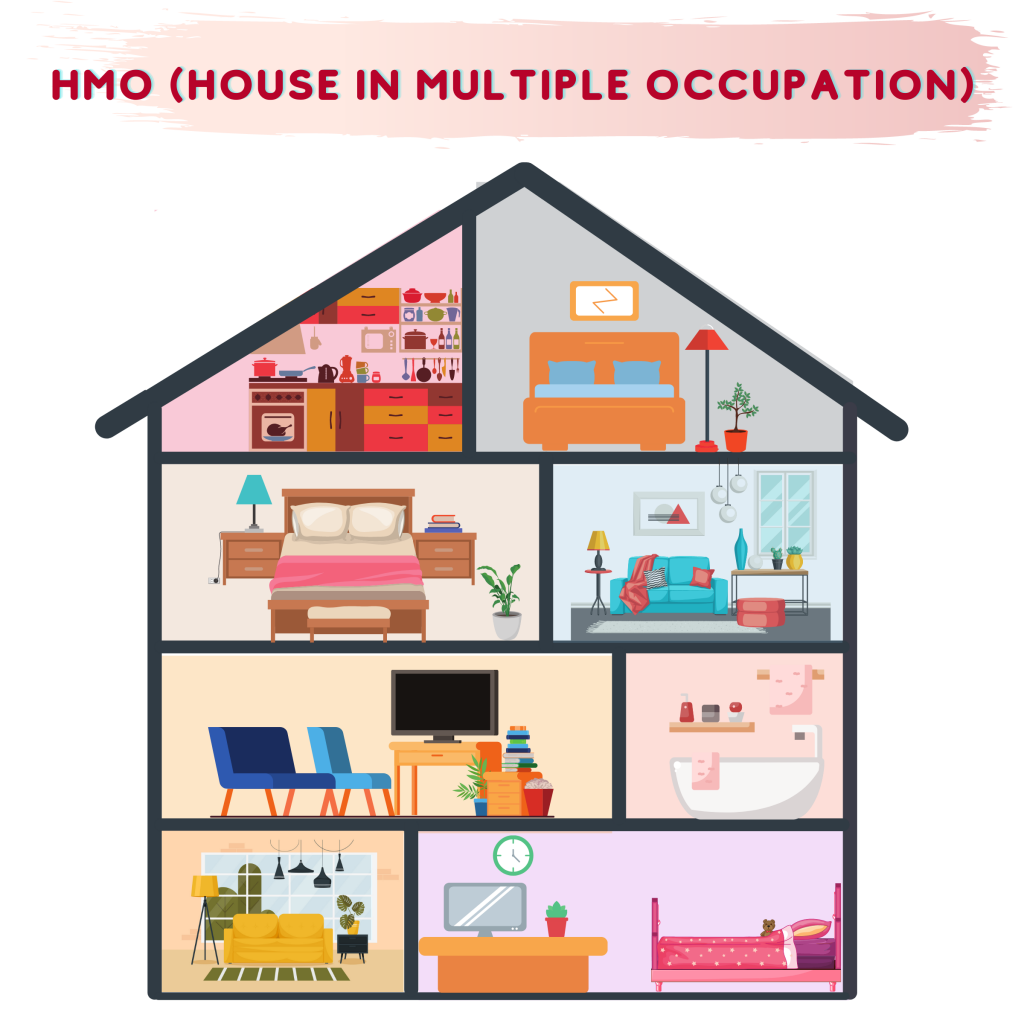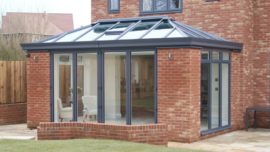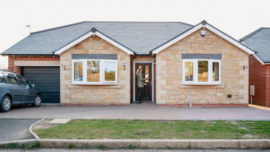
Common reasons why HMO’s get refused
Although, HMO’s can be a great investment there are a range of factors you need to keep in mind. An HMO refusal can be inconvenient and expensive. Councils can refuse to licence HMO’s if the property doesn’t meet certain conditions. Or, if the licence applicant is not a fit and proper person to hold the licence.
Here is a list of common reasons why HMO’s may get refused –
The bedroom sizes are too small –
To avoid refusal, the bedroom sizes in your home must be at least:
- 4.64 square meters for a child under 10 years old
- 6.51 square meters for a person 10 years old or over
- 10.22 square meters for 2 people aged 10 or over
All rooms that are being used as sleeping accommodation must have a ceiling height of at least 2.14 meters over a minimum, of 75% of the room area. If any floor area has a ceiling height less than 1.53 meters, it will be disregarded when calculating room size. The council will also consider the shape of the room and useable living space, to determine whether its suitable.
Too many rooms/changes of use –
When converting your house into an HMO it is important that you use the correct change of use. This is often one of the main reasons they get refused.
Standard houses and flats belong to the use class C3. These are usually occupied by a single household.
Whereas, depending on the number of occupants, an HMO is either use class C4 or sui generis. If the HMO is occupied by 3-6 people is C4. Furthermore, if the HMO has 7 or more occupants, its sui generis.
The area of the HMO –
Before you make any big decisions, you should speak to your local council and planning department and seek advice. You might find out that there are policies restricting HMO’s. If many properties have been converted into HMO’s, you might have a harder time getting permission.
Here are some basic rules to follow –
- Inner bedrooms are not acceptable (This is a bedroom which can only be accessed by passing through another room, such as a lounge, kitchen or bedroom.)
- No common areas are to be used for sleeping purposes
- No one is allowed to sleep in a room without any access to natural light, heating, and ventilation.
- So, children, 11 years or older should not share a bedroom with their parents.






